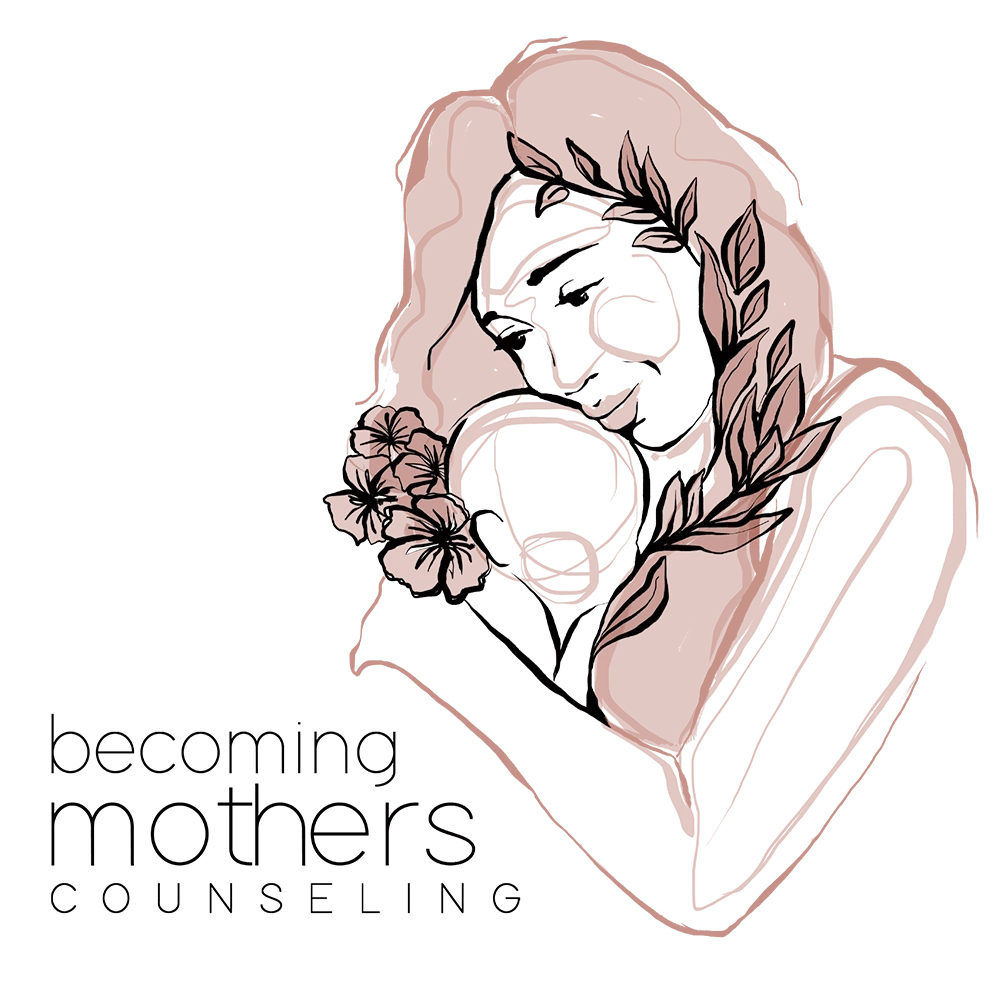BECOMING MOTHERS CEREMONY
Women have been gathering since the beginning – to share, to connect, to heal. From the Art of Circling, Drea Bendewald, shares that by simply sitting in a circle, sharing your truth and being witnessed by your peers, there is a wisdom greater than ourselves that is revealed. The circle speaks and reminds us that all things and all people are connected. Given the opportunity to hear someone else’s story, we realize that we are not alone with our questions, struggles or triumphs. The false assumption that we all carry – that we are so different or so flawed -simply melts away into the center of the circle. Empathy, compassion, and connection blossom in a circle. Circles are a place to remember who you truly are. Simply by being witnessed, held and supported, radical transformation is possible.
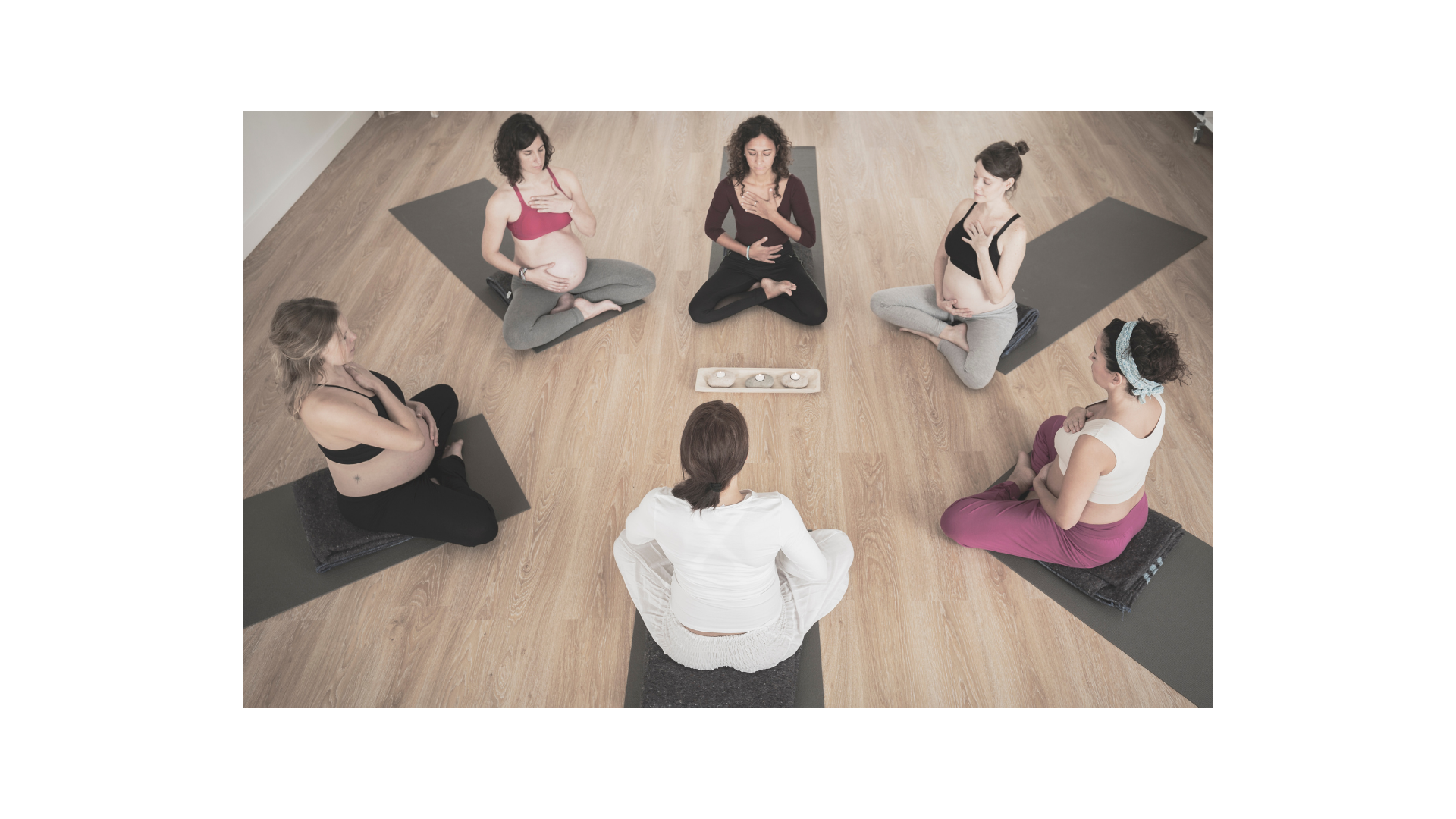
Zwischen
Jana Studelska is a licensed midwife practicing in northern Minnesota and Wisconsin.
She’s curled up on the couch, waiting, a ball of baby and emotions. A scrambled pile of books on pregnancy, labor, baby names, breastfeeding; not one more word can be absorbed. The birth supplies are loaded in a laundry basket, ready for action. The freezer is filled with meals, the car seat installed, the camera charged. It’s time to hurry up and wait. Not a comfortable place to be, but wholly necessary.
The last days of pregnancy – sometimes stretching to agonizing weeks – are a distinct place, time, event, stage. It is a time of in between. Neither here nor there. Your old self and your new self, balanced on the edge of a pregnancy. One foot in your old world, one foot in a new world.
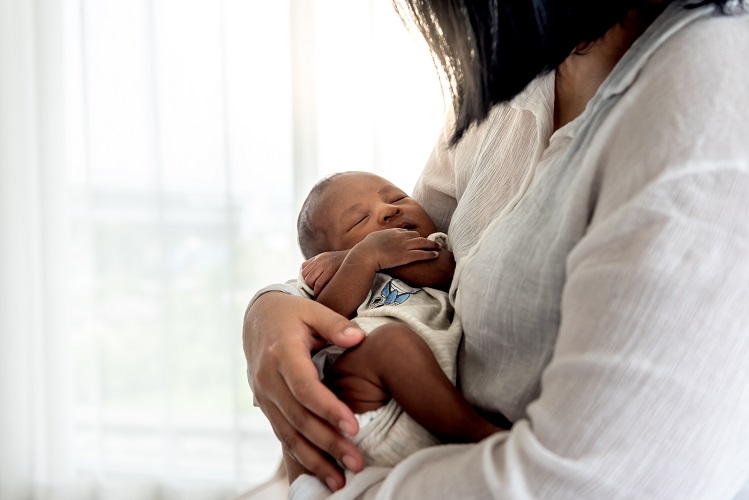

Shouldn’t there be a word for this state of being, describing the time and place where mothers linger, waiting to be called forward?
Germans have a word, zwischen, which means between. I’ve co-opted that word for my own obstetrical uses. When I sense the discomfort and tension of late pregnancy in my clients, I suggest that they are now in The Time of Zwischen. The time of in between, where the opening begins. Giving it a name gives it dimension, an experience closer to wonder than endurance.
I tell these beautiful, round, swollen, weepy women to go with it and be okay there. Feel it, think it, don’t push it away. Write it down, sing really loudly when no one else is home, go commune with nature, or crawl into your own mama’s lap so she can rub your head until you feel better.
I tell their men to let go of their worry; this is an early sign of labor. I encourage them to sequester themselves if they need space, to go out if they need distraction, to enjoy the last hours of this life-as-they-now-know-it. I try to give them permission to follow the instinctual gravitational pulls that are at work within them, just as real and necessary as labor.
The discomforts of late pregnancy are easy to Google: painful pelvis, squished bladder, swollen ankles, leaky nipples, weight unevenly distributed in a girth that makes scratching an itch at ankle level a feat of flexibility. “You might find yourself teary and exhausted,” says one website, “but your baby is coming soon!” Cheer up, sweetie, you’re having a baby. More messaging that what is going on is incidental and insignificant.
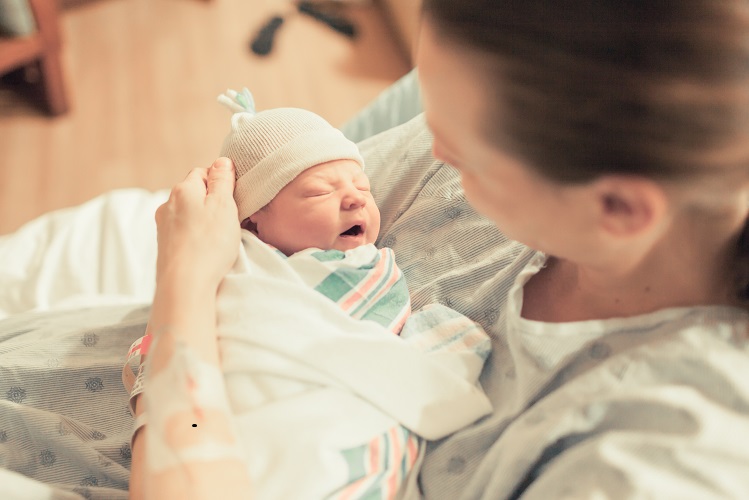
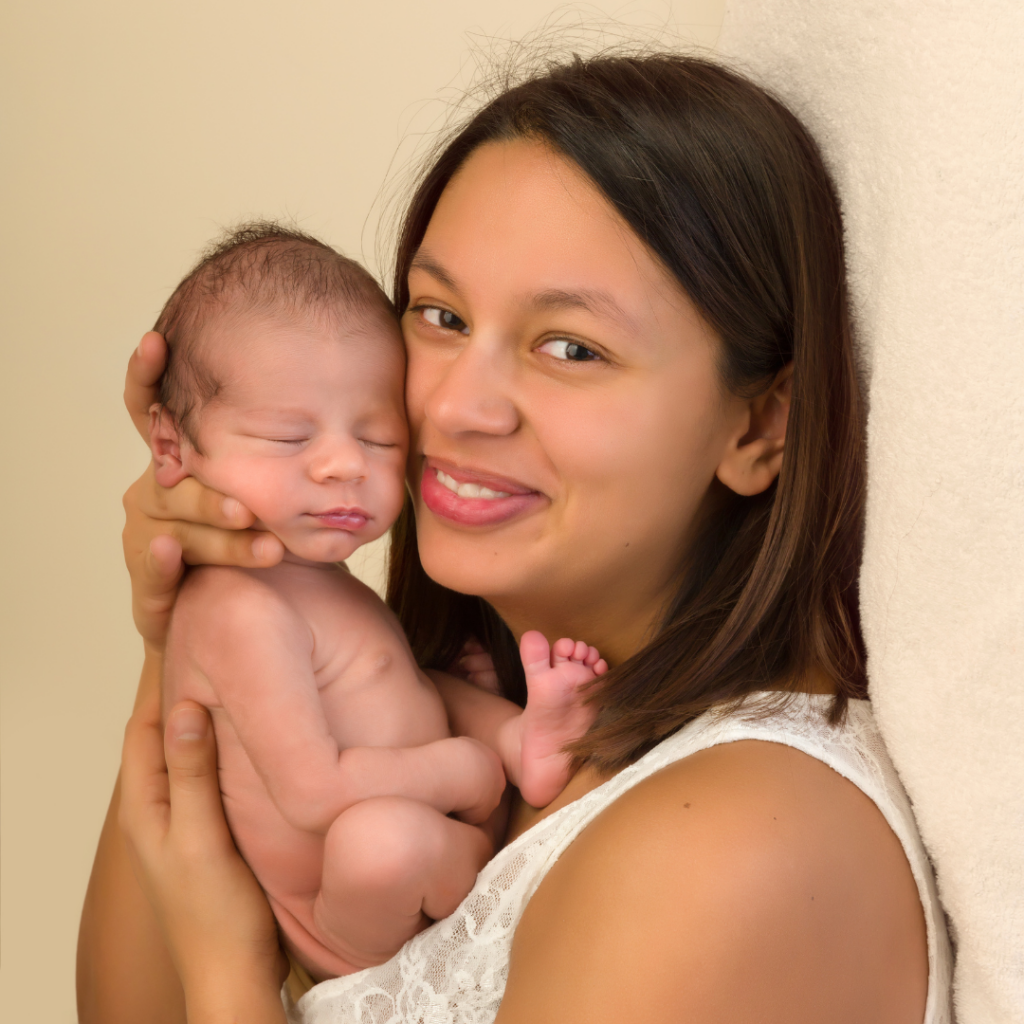
What we don’t have is reverence or relevance – or even a working understanding of the vulnerability and openness a woman experiences at this time. Our language and culture fails us. This surely explains why many women find this time so complicated and tricky. But whether we recognize it or not, these last days of pregnancy are a distinct biological and psychological event, essential to the birth of a mother.
We don’t scientifically understand the complex hormones at play that loosen both her hips and her awareness. In fact, this uncomfortable time of aching is an early form of labor in which a woman begins opening her cervix…and her soul. Someday, maybe we will be able to quantify this hormonal advance – the prolactin, oxytocin, cortisol, relaxin. But for now, it is still shrouded in mystery, and we know only how to measure thinning and dilation.
I believe that this is more than biological. It is spiritual. To give birth, whether at home in a birth tub with candles and family or in a surgical suite with machines and a neonatal team, a woman must go to the place between this world and the next, to that thin membrane between here and there. To the place where life comes from, to the mystery, in order to reach over to bring forth the child that is hers. The heroic tales of Odysseus are with us, each ordinary day. This round woman is not going into battle, but she is going to the edge of her being where every resource she has will be called on to assist in this journey.
We need time and space to prepare for that journey. And somewhere, deep inside us, at a primal level, our cells and hormones and mind and soul know this, and begin the work with or without our awareness.


I call out Zwischen in prenatals as a way of offering comfort and, also, as a way of offering protection. I see how simple it is to exploit and abuse this time. A scheduled induction is seductive, promising a sense of control. Fearful and confused family can trigger a crisis of confidence. We are not a culture that waits for anything, nor are we believers in normal birth; waiting for a baby can feel like insanity. Giving this a name points her toward listening and developing her own intuition. That, in turn, is a powerful training ground for motherhood.
So wherever you are in your pregnancy, whether or not you’ve entered your time of Zwischen, you’re not alone. Jessi Klein calls motherhood, the “hero’s journey” – inward, downward, to the deepest parts of your strength, to the innermost buried core of everything you are made of but didn’t know was there. Remember that the women gathered around you tonight are fellow travelers in this journey to becoming a mother and a reminder that we were never meant to do this alone, and we don’t have to. Reaching out for support is often the most significant act of bravery and courage.
“In the final weeks of pregnancy, it becomes clear that you are on the precipice of an entirely new you. When you become a mother, you move through a significant rite of passage, an initiation that requires strength, courage, and adaptability. For millennia, women have been recognized for their role in the cycle of life; they have been acknowledged for all that it takes to bring a baby into the world and for all that they must leave behind, and take on, when they become mothers.
-Heng Ou, The First Forty Days: The Essential Art of Nourishing the New Mother
